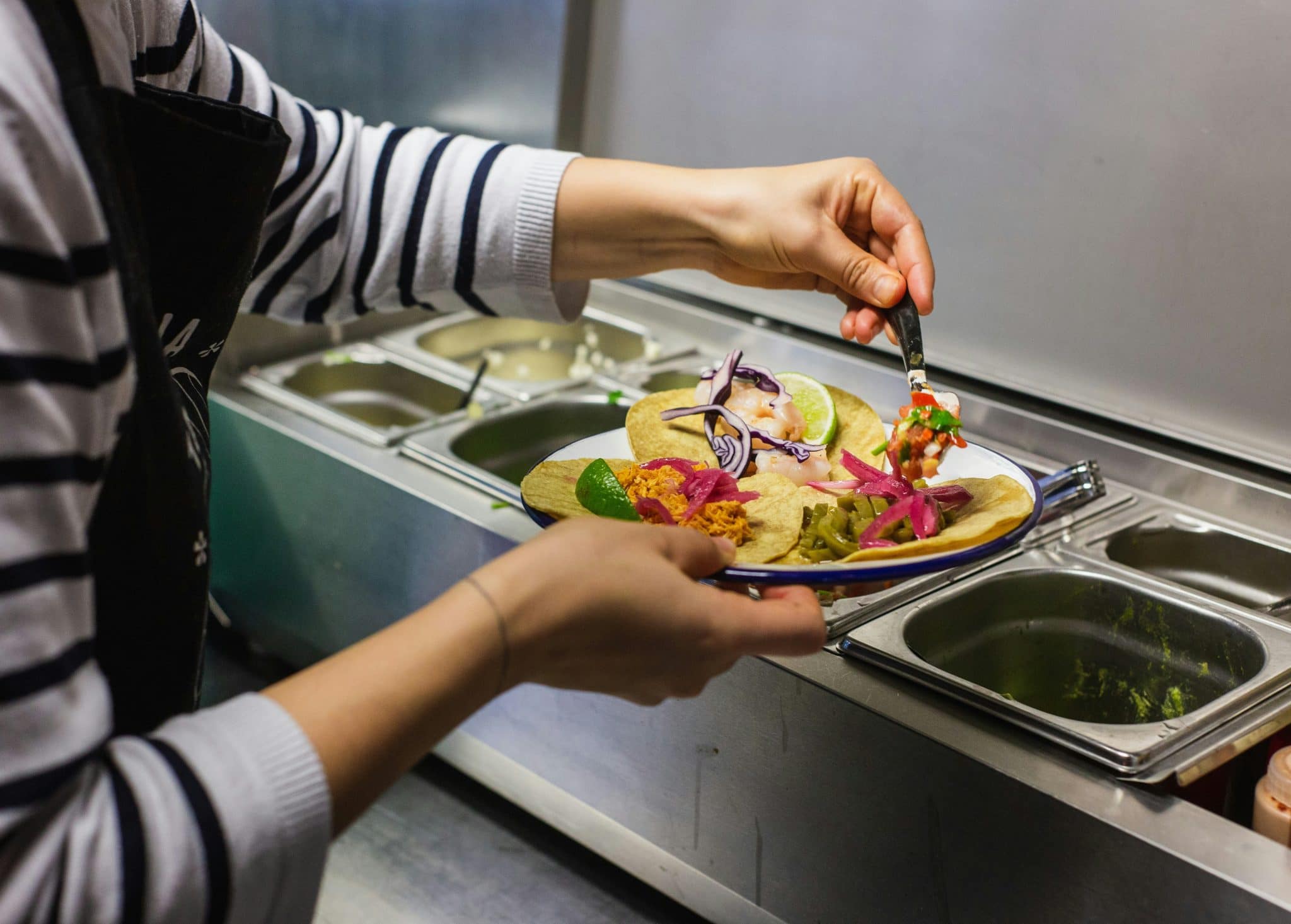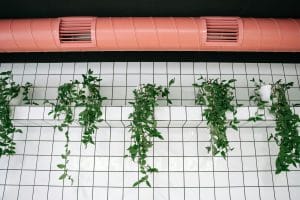Food Waste Reduction Education: Teaching Children About Kitchen Sustainability
In today’s world, where food waste has become a global issue, it is important to educate children on the importance of reducing food waste. Inculcating the value of kitchen sustainability in children is crucial as they are the future generation that will make a significant impact on our planet. By teaching children about food waste reduction and sustainability, we can create a more conscious and responsible society that understands the importance of preserving our resources. In this article, we will discuss the significance of food waste reduction education and how we can teach children about kitchen sustainability.
The Importance of Food Waste Reduction Education
Food waste is a major problem that affects not only the environment but also the economy. Reports have shown that approximately one-third of the world’s food production goes to waste, which amounts to 1.3 billion tons of food every year. The consequences of food waste are immense, from contributing to greenhouse gas emissions to depleting natural resources and increasing the population’s food insecurity. Hence, it is crucial to educate children on the importance of reducing food waste to create a more sustainable and eco-friendly environment.
Teaching Children About Kitchen Sustainability
Start Young
The best way to instill sustainable practices in children’s minds is by starting at a young age. As early as possible, parents and teachers should educate children about the value of preserving resources and how they can contribute to reducing food waste in their daily activities. This can be done by involving them in simple tasks, such as storing leftovers properly, using reusable containers, and turning off lights and appliances when not in use.
Incorporate Fun Activities
Children learn best when they are engaged in fun and interactive activities. Incorporating games and hands-on activities can make learning about kitchen sustainability enjoyable and memorable for children. For example, you can organize a waste sorting game where children have to sort different types of waste into categories of compost, recyclables, and trash. This will encourage them to become more aware of their waste and understand the importance of proper waste management.
Lead by Example
Children often imitate the behavior of adults, especially their parents and teachers. Therefore, it is vital to lead by example and show children how to practice kitchen sustainability in their daily lives. Simple actions like meal planning, composting food scraps, and using reusable bags can go a long way in teaching children to be mindful of their actions and their impact on the environment.
Explain the Impact of Food Waste
Children may not understand the consequences of food waste unless it is explained to them. By educating them about the impact of food waste on the environment and society, children can become more conscious of their actions. You can explain how wasting food contributes to greenhouse gas emissions, which leads to climate change, and how it affects people who do not have access to enough food. This will help children develop empathy and become more responsible individuals.
Conclusion
Teaching children about kitchen sustainability and food waste reduction is crucial in creating a better and more sustainable future. By starting at a young age and incorporating fun activities, we can make learning about these topics more appealing and impactful for children. Moreover, leading by example and explaining the impact of food waste can help children understand the importance of making conscious decisions and taking action to reduce food waste. Let us educate our children and empower them to become responsible stewards of our planet.










